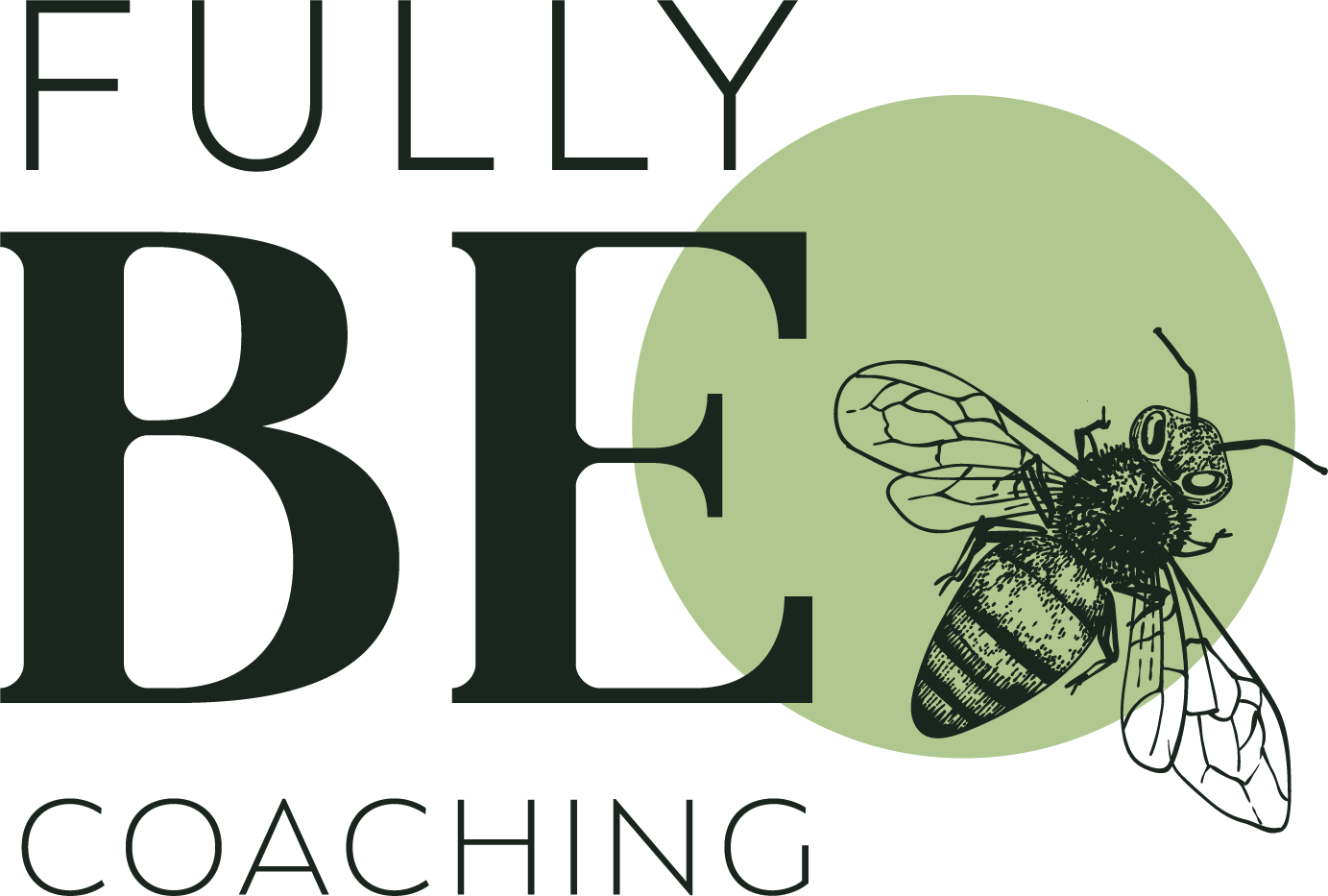What is coaching?

“ A thought-provoking and creative process that inspires (the client) to maximize their personal and professional potential. The process of coaching unlocks previously untapped sources of imagination, productivity and leadership. “
International Coaching Federation
The International Coaching Federation (ICF) is an international body that sets high standard for coaches and the coaching industry.
To become a coach, there is no licensing involved. Anyone can call themselves a coach. However, coaches can train with organisations that have been accredited by the ICF. They can then go on to earn credentials with them by completing required hours of experience and continuing professional development. This can enhance a coaches credibility and competence as a coach.
There are several other training programmes and accrediting bodies for coaching, including the Association for Coaching and EMCC.
Also, it’s worth noting here that a coaching certification doesn’t necessarily guarantee that a coach is better than a coach without the certification. There are no fixed licensing regulations in the coaching industry and, like many offering services, someone’s experience and skills play a big part, along with the chemistry held between client and coach.
Coaching has been defined as a discipline since the 1980s. It began in corporate workplaces as a discipline named executive coaching. The Institute of Coaching describes how there are many views about the definition of coaching and how it is performed.
Coaching is essentially a conversation between two people - the coach and the client - where the purpose of the conversation is for the client to move from “I don’t know what to do” to “ I have the tools, skills and confidence to know what to do next”. The role of a coach is to listen - REALLY listen - to their client. They reflect back what they hear so that the client can better see their own beliefs, habits and behaviours. A coach asks carefully considered questions that are designed to pull out from you your truths and help you challenge your own ideas and understanding. A coach does NOT give advice. They are not the expert.

What qualifications does a coach have?
This varies hugely between coaches. Many will have at least a coaching certification from a recognised training body, and other related certificates.
If a coach gains accreditation from the ICF, they have to prove they have worked a specified number of coaching hours and have also completed many hours of ongoing coach education and training, in order to gain credentials.
In terms of non-coaching qualifications, this completely depends on someone’s previous experience and work.
For example, if you’re seeking coaching for your work in healthcare, it might help to have a coach who has been educated in healthcare somehow.
Word of warning: because coaching is an unregulated industry, anyone can call themselves a coach. A diligent professional with integrity will always be clear about their training and approach to coaching. They won’t claim to be anything they are not. They will stay in their lane and know when to refer a client to a medical and/or psychological expert when they notice that coaching isn’t providing the safest or best care for a client.
What’s the difference between coaching and therapy?
There is a lot of overlap between these two professions. Firstly, what’s similar?
Both are confidential conversations between the client and coach or therapist. Conversation is the mode of delivery of the service and emotions WILL make an appearance in both, to varying degrees. Therapy and coaching help people discover more about themselves and find ways to change how they think and feel. So what are the differences?
Safety. Therapy and psychological specialists are who someone needs to see if they are unwell. If psychological difficulties are interfering with the day to day tasks in a big way, then it’s safest to see a licensed clinical professional.
Qualifications. Therapy, psychological services such as counseling, are strictly regulated. Experts working in this field train over many years to manage complex and severe mental health challenges. They are required by licensing board to uphold specific standards, which means they are fully equipped to appropriately and effectively treat psychological illness. As I mentioned earlier, coaching qualifications are much more variable and usually coach training is much shorter than psychological training.
When are we talking? Coaching is best approached from a place where a client is ready to plan and set goals for their future. It is based in the now, making plans for the future. It helps clients look at what’s going well and what needs attention NOW, and then to apply this knowledge and other new tools to how the next steps forward will be taken. Coaching will usually bring about some emotion, which is part of the process. Feelings are given space and acknowledgment, and then emphasis is placed on making decisions to move forwards.
Whilst therapy can also involve elements of goal setting, it also might delve into the past, revisiting past experiences, for example to resolve trauma. Therapy usually involves discussing and analysing feelings and behaviour patterns in great depths.
How long should you have coaching or therapy for?
There are some views that suggest that whilst therapy can continue for years to varying degrees, coaching is usually for a finite period of time. Therapy is a service that uses various therapeutic tools to heal complex emotions and learned behaviours, which may need a lot of revisiting, especially during the ups and downs of life.
My belief is that a good coach will empower their client to make clear agreements about where they want to get to at the end of a chosen period of time - usually several weeks or months. This can occasionally lead to coaching over a couple of years, but each stage would still need explicit clarification of the purpose of the coaching, and would show that the client is making the progress that they want.
Coaching and other similar services
Coaching can also be confused with mentoring and consulting.
Mentoring involves giving advice and sharing someones experience and expertise. A mentor has usually been on a similar path to the client and provides coaching alongside more practical instruction. a mentor-client relationships may also be a lot longer that a coach-client relationship.
Consulting has many similarities to mentoring in that it involves a lot more advice-giving and guidance. Usually to an individual or teams or a whole organisation.
What happens in a coaching session?
Feeling truly heard. How many times in your life has someone listened to you, without judgment or interrupting or making suggestions? Coaching gives you the space to say everything you know and you think and believe and you want.
“Huh!” moments. Noticing that something they thought was true is actually very different. Or seeing a belief or idea that they have carried for years in a completely new light.
A brain stretch. Coaching can invite challenging questions that encourage the client to question a thought they have in a way they haven’t done before. Clients have to do some serious thinking, but usually in a different way to usual.
“Ah ha!” moments. When suddenly a solution to a difficult challenge becomes clear and obvious. Or when the client realises why they have acted a certain way.
Big feelings. Coaching can evoke strong feelings of frustration, sadness or relief. Emotions can arise simply as an acknowledgment of how long a client has held onto thoughts that they wanted to share and now are seeing the light of day. A client might start to realise that there is a new approach to a problem, that they have a choice.
Clarity. Coaching can provide a real sense of the mental fog clearing and a clear plan forwards emerging.
Does this sound like something you’re interested in trying out? Click the button below to book a discovery call with me.





